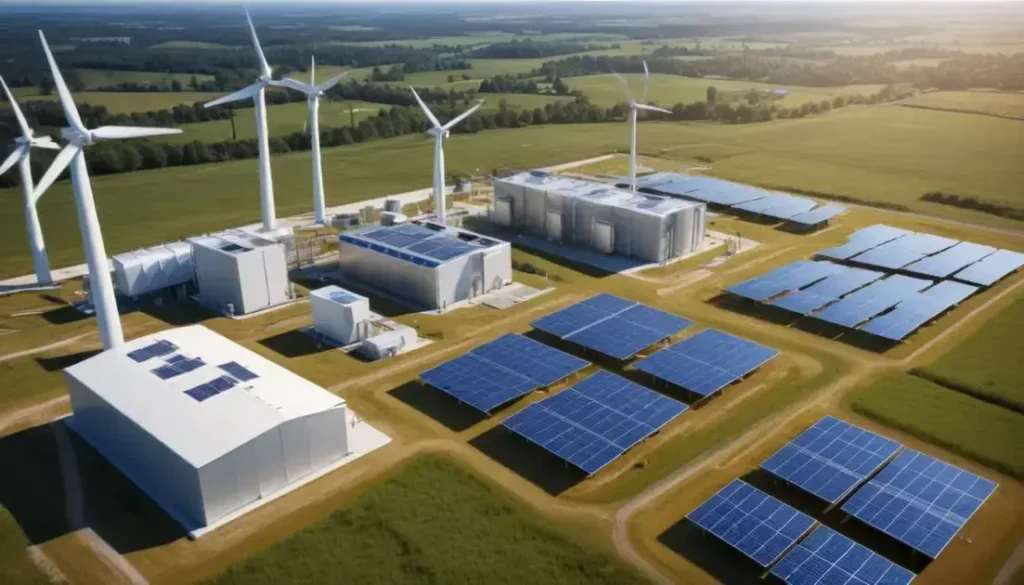AWS’s commitment to water sustainability focuses on achieving water positive status by 2030 through innovative recycling initiatives and collaboration with local communities to minimise environmental impact.
AWS is making significant strides in achieving its water sustainability goal of being water positive by 2030. This journey involves innovative water recycling initiatives that could reshape resource management.
AWS’s commitment to water sustainability and recycling initiatives
AWS’s commitment to water sustainability is evident in its ambitious goal to achieve water positive status by 2030. The company recognises the importance of water as a critical resource and is taking significant steps to minimise its environmental impact. This involves innovative strategies focusing on water recycling and enhancing operational efficiency.
One of the core aspects of AWS’s approach is the implementation of advanced water management systems. By recycling water used in data centres, AWS aims to reduce its overall water consumption. This not only helps preserve local water resources but also sets a benchmark for other companies in the tech industry.
Moreover, AWS is actively collaborating with local communities and stakeholders to address water challenges. These partnerships are vital for sharing best practices and developing sustainable solutions tailored to different regions. By engaging in dialogue and fostering collaboration, AWS strives to lead by example in the quest for sustainable water solutions.
The company’s initiatives reflect a broader commitment to Environmental, Social, and Governance (ESG) principles. As AWS continues to invest in sustainable technologies and practices, it reinforces its role as an industry leader focused on responsible resource management.
In summary, AWS’s journey towards water sustainability
AWS’s efforts to achieve water positive status highlight the company’s dedication to preserving an essential resource. Through innovative recycling initiatives and collaboration with communities, AWS sets a powerful example for others in the tech industry.
Focusing on water sustainability not only benefits the environment but also strengthens the company’s position as a responsible leader. As AWS continues to improve its practices, it inspires others to consider their water usage and implement sustainable solutions.
Ultimately, AWS’s commitment is a step towards a more sustainable future, showing how technology and environmental responsibility can go hand in hand.
Frequently Asked Questions
What does it mean for AWS to be water positive?
Being water positive means that AWS will replenish more water than it consumes, contributing to local water resources through innovative recycling and conservation efforts.
How does AWS recycle water in its data centres?
AWS uses advanced water management systems that treat and reuse water, significantly reducing its overall water consumption in data centre operations.
Why is water sustainability important for technology companies?
Water sustainability is crucial for technology companies like AWS to minimise environmental impacts, support local communities, and promote responsible resource management.
What initiatives does AWS have to support local communities?
AWS collaborates with local stakeholders to share best practices and develop sustainable solutions tailored to specific regional water challenges.
How can other companies follow AWS’s example in water sustainability?
Other companies can adopt similar strategies by implementing water recycling practices, engaging with communities, and setting measurable sustainability goals.
What are the benefits of AWS’s commitment to sustainability?
AWS’s commitment to sustainability enhances its brand reputation, fosters customer loyalty, and contributes to a healthier environment for future generations.


